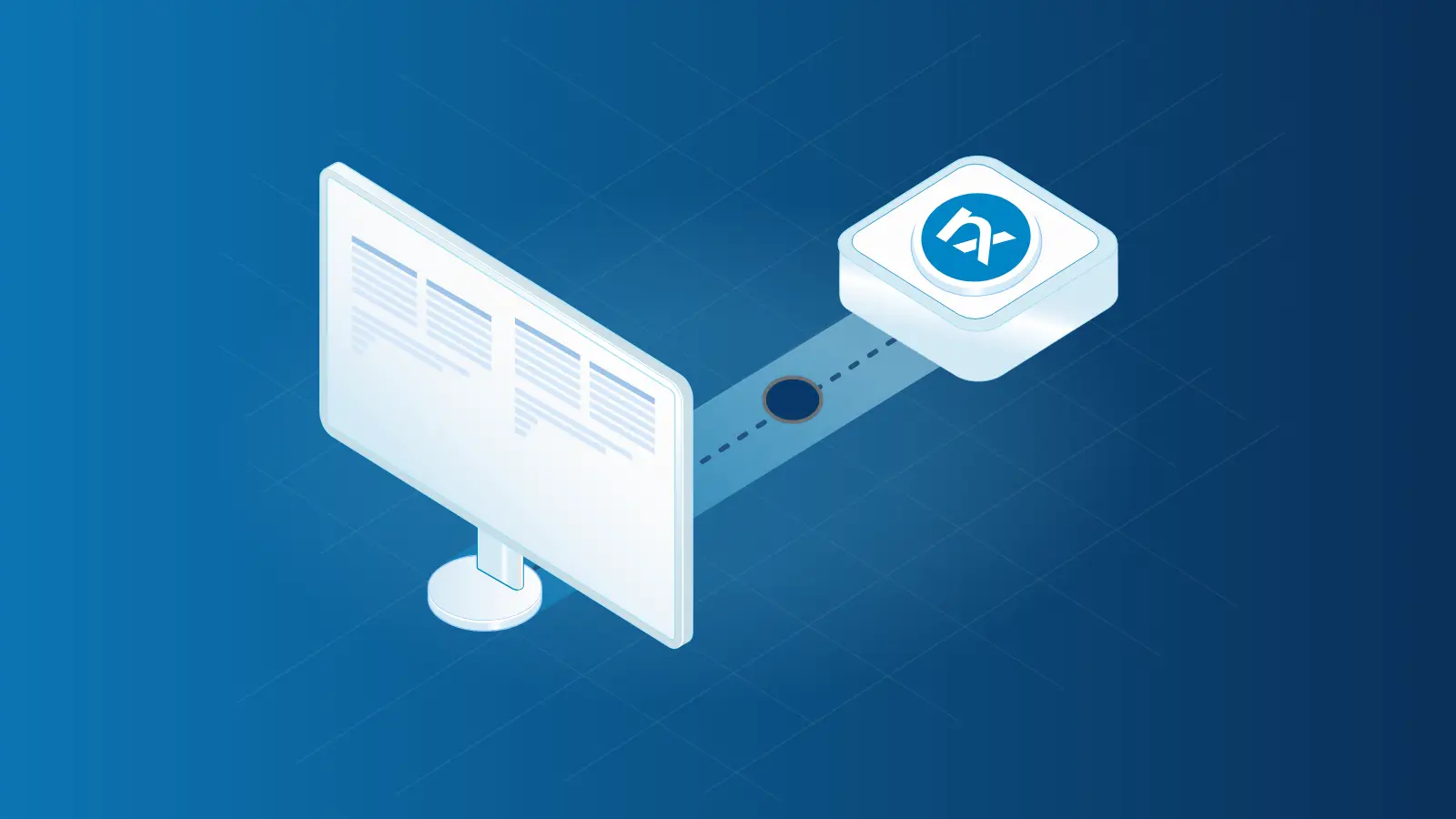windows logs | centralized logging | nxlog platform | wef | comparison
Centralized Windows log collection - NXLog Platform vs. WEF
One of the challenges that security-conscious Windows administrators face is collecting and centralizing Windows event logs. One of the obvious solutions that come to mind is the native Windows Event Forwarding (WEF) feature available on all modern Windows operating systems.
WEF offers the convenience of forwarding Windows events to a central event collector without installing and managing agents. To objectively portray the role this valuable technology plays in the larger scope of enterprise log collection, we have written several articles that discuss it:
log aggregation | centralized logging
The benefits of log aggregation
Logs are a record of the internal workings of a system. Nowadays, organizations can have hundreds and, more regularly, thousands of managed computers, servers, mobile devices, and applications; even refrigerators are generating logs in this Internet of Things era. The result is the production of terabytes of log data—event logs, network flow logs, and application logs, to name a few—that must be carefully sorted, analyzed, and stored.
Without a log management tool, you would need to manually search through many directories of log files on each system to access and extract meaning from these millions of event logs.
log aggregation | centralized logging
Log aggregation with NXLog
The value of log aggregation There is no denying the importance of log aggregation for multi-million-dollar enterprises worldwide. But just what is log aggregation? And how can it help your organization? Well, log aggregation is the process of standardizing and consolidating your log data from distributed systems across your network into one centralized server. By doing so, you have a unified view of what occurs across your entire IT infrastructure.
siem | centralized logging | log aggregation
How a centralized log collection tool can help your SIEM solutions
IT security should be one of the main focus points of all enterprises. In today’s world, when digital transformation is taking place at an unprecedented pace, securing online data is vital for all kinds of businesses. This is why most companies are utilizing SIEM (Security Information and Event Management) solutions that help them identify threats before they can do any harm.
Even though SIEM tools are perfect for event correlation and analytics, it is not part of their core functionality to manage log collection, filtering, distribution, and formatting.
centralized logging | windows event forwarding | wef
Making the most of Windows Event Forwarding for centralized log collection
Windows Event Forwarding (WEF) provides log centralization capabilities that are natively supported in Windows-based systems. It is straightforward to set up since it is already built into Windows, and only a few pre-requisites are required, such as having a dedicated event server with a group policy object (GPO). Despite its ease of use and native support, WEF has some limitations. This post covers the advantages of using Windows Event Forwarding for centralized log collection, followed by limitations of WEF and its subsequent solutions.



